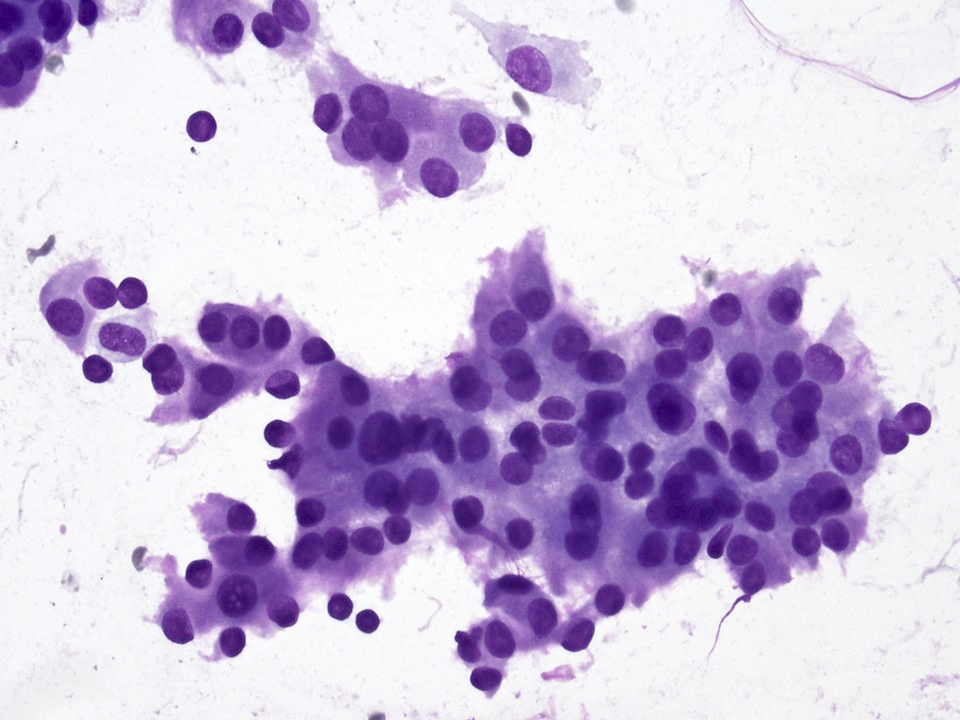This blog will discuss human mucoepidermoid carcinoma cells, even though very low incidence, but the prognosis is unfortunate. I would like to show you how Fucoidan affects the mucoepidermoid carcinoma cells by discussing Hang-Eun Lee and colleagues’ research.
The incidence of mucinous epidermoid cancer is 0.1 in 100,000 and 5% of all salivary gland tumors. Although rare, it accounts for 20% of salivary gland malignancies and is the most common malignant tumor of salivary glands from adults to children. It occurs in the large salivary glands and the minor salivary glands at a 1: 1, and the male-female ratio is 3: 2, which is slightly higher in males. It shows various histological types, and its clinical pathology varies from low to high malignancy, and it is often challenging to predict the prognosis.

According to “Fucoidan induces caspase-dependent apoptosis in MC3 human mucoepidermoid carcinoma cells (MEC)” by Hang-Eun Lee et al., Fucoidan is a sulfated polysaccharide present in brown algae that are identified to have multiple biological effects such as antitumor, immunomodulation, antiviral, and anticoagulation. In addition, there are preventable effects for cancer cells for the secondary fucoidan effect. In this study, they evaluated Fucoidan’s impact on human mucoepidermoid carcinoma.
In order to investigate the anticancer of Fucoidan, the growth-inhibitory effect of Fucoidan in the MC-3 cell line was first assessed. Cells were treated with 20, 50, and 100 μg/mL of Fucoidan in MC3 cells for 48 hours. The results demonstrated that Fucoidan induced morphological changes of the MC3 cells, and the proliferation of the cells was significantly reduced in a concentration-dependent manner (Fig.1A). As shown in (Fig. 1B), cells treated with Fucoidan have checked apoptosis by observing cell membrane (fragmentation and agglomerative) under a microscope. Then we investigated next about the apoptosis-inducing mechanism of MC3 cells. The apoptotic activity of Fucoidan was determined by evaluating the protease called “caspase.” When Fucoidan was treated by MC3 cells, increased expression of the activated caspase three and PARP level (protein involves DNA repair and programmed cell death) cleavage; thereby, Fucoidan induces MC3 cells’ apoptosis through the activation of caspase. (Fig. 2)
As for cancer cells, Mcl-1(induce myeloid leukemia cell differentiation protein) overexpress and suppress caspase activation and induction of apoptosis. MC3 cells also express Mcl-1, but the expression of Mcl-1 decreased significantly with Fucoidan treated in a concentration-dependent manner. (Fig. 3)
This result indicated that Fucoidan suppresses MC3 cells (human mucoepidermoid carcinoma) and induces apoptotic cell death in MC3 cells.
In conclusion, to the best of our knowledge, this study has demonstrated for the first time that Fucoidan could induce apoptotic cell death of human mucoepidermoid carcinoma (MEC). Thus Fucoidan may be a promising dietary compound for treating human mucoepidermoid carcinoma.




